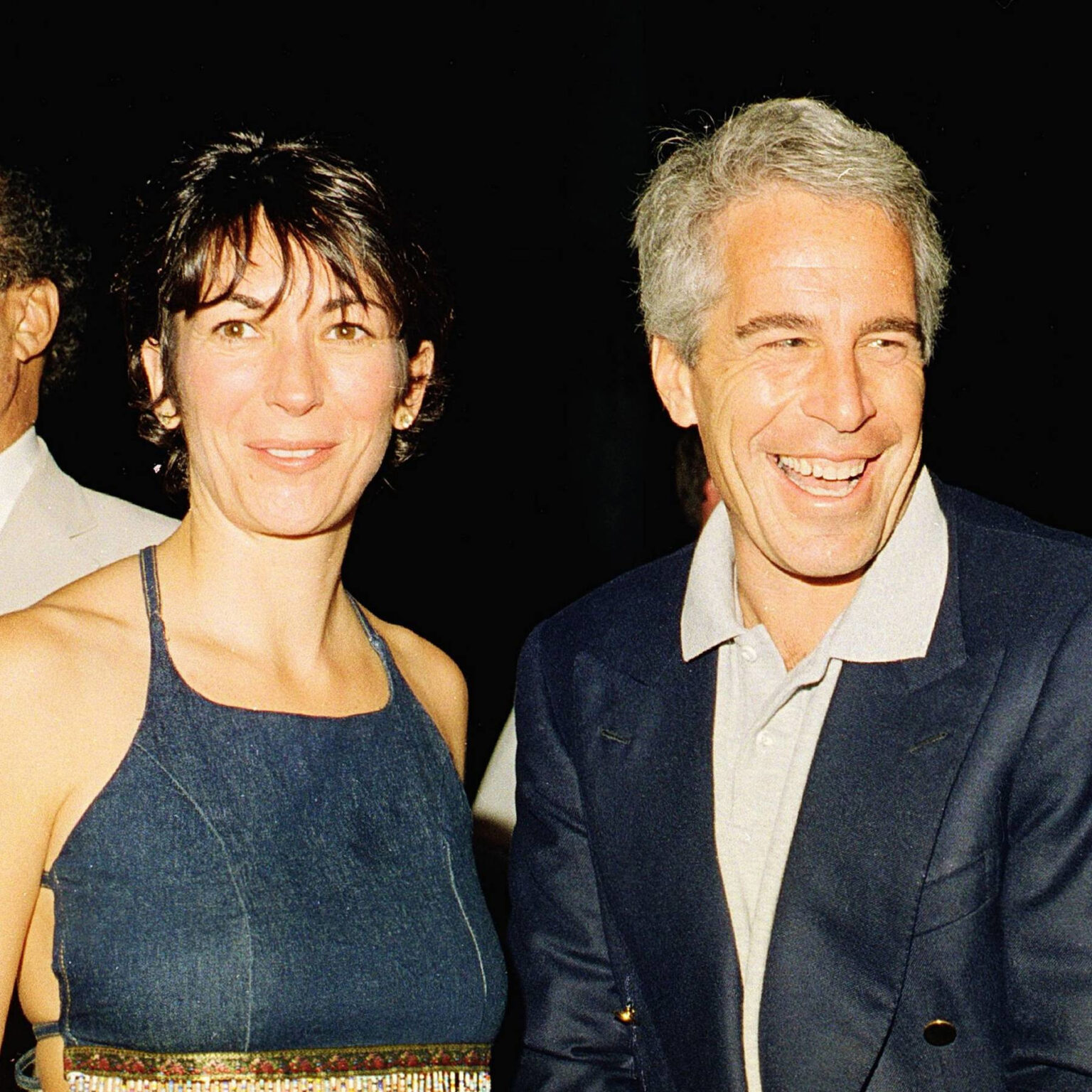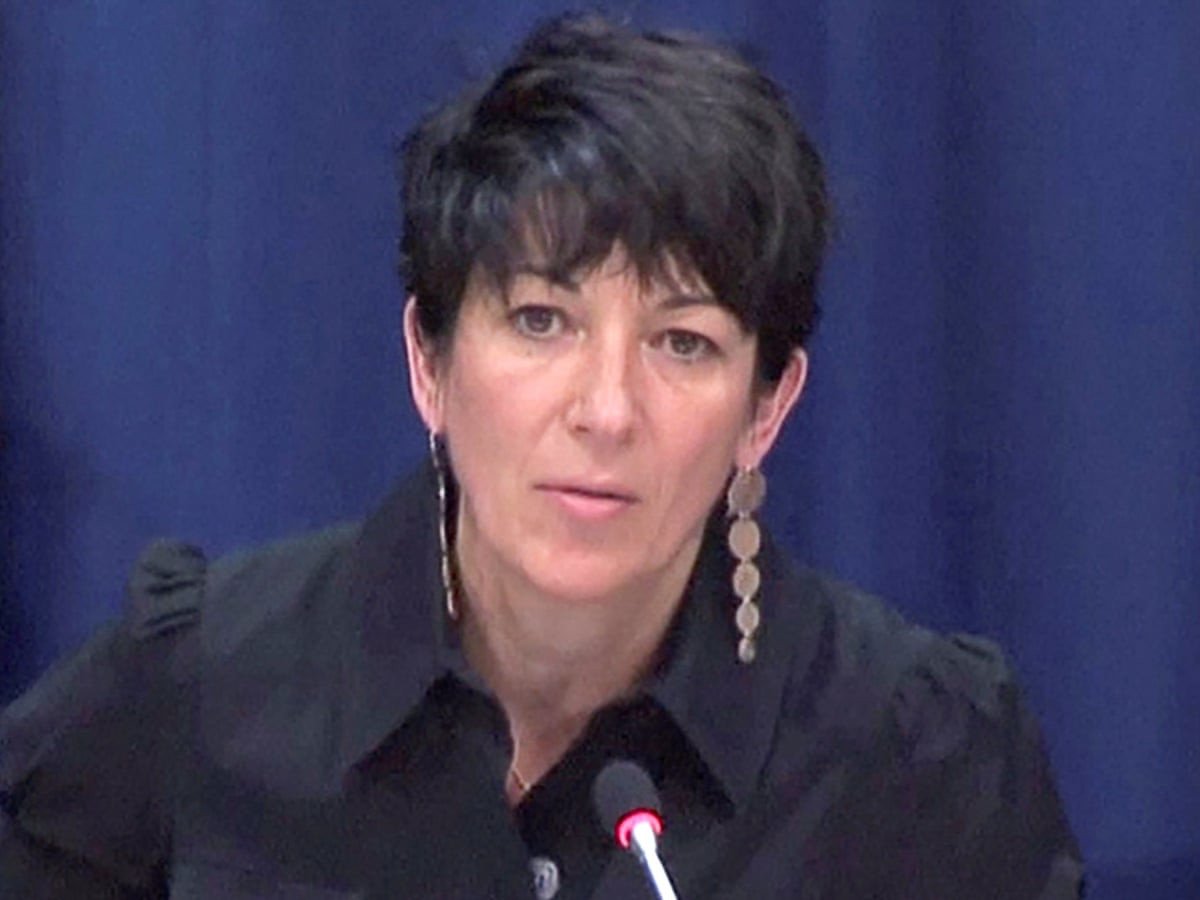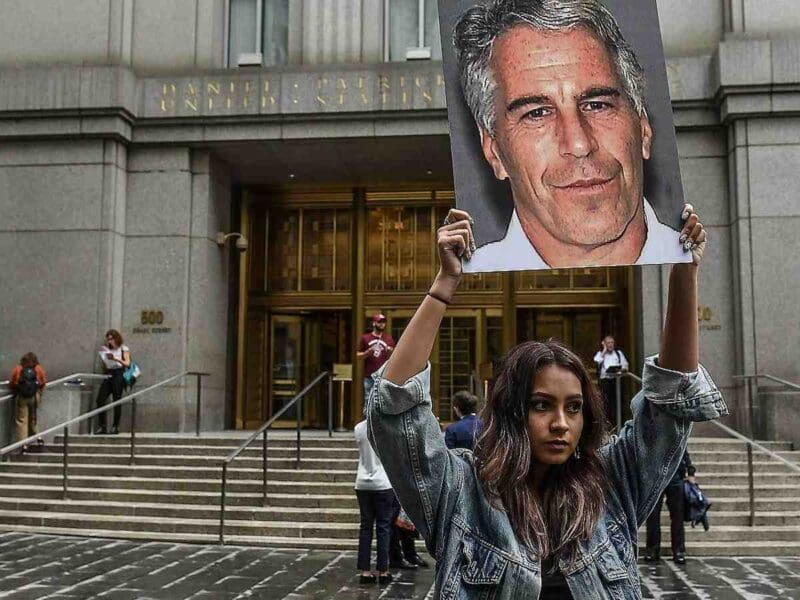
Want more Jeffrey Epstein case files? Here’s when the next drop will be
After releasing thousands of pages of deposition in the Ghislaine Maxwell case, you may be wondering what the protocol is to learn about new evidence in the Jeffrey Epstein investigation or the upcoming Ghislaine Maxwell trial.
U.S. District Judge for Southern New York, Loretta Preska, released her guidelines for unsealing documents concerning the Jeffrey Epstein & Ghislaine Maxwell cases. Since documents have already been dropped, it’s probably best that Preska lays out clear guidelines so the prosecution & defense aren’t blindsided by releases.
It also lets the public know that more Epstein dirt is coming, but it will be a long time before we know everything. Plus, the drops will come after a long, steady process. Here’s what we know so far.

Ghislaine Maxwell trial
Jeffrey Epstein was arrested in 2019 on charges of sex trafficking going all the way back to the 1990s. He was previously charged in Florida, but worked out a non-prosecution agreement with the U.S. government to only plead guilty to one count of solicitation and another of soliciting a minor in 2008. He was found dead in his jail cell in August 2019 of an apparent suicide.
In July 2020, Ghislaine Maxwell was arrested for conspiracy and perjury charges relating to the Epstein case. She’s currently awaiting trial in the Metropolitan Detention Center, and has pleaded not guilty & maintains her innocence.

During discovery, which is the phase the trial is in now, Loretta Preska ordered the release of thousands of pages of deposition from a lawsuit between one of Epstein’s victims, Virginia Roberts-Giuffre & Ghislaine Maxwell.
It contained personal information about Maxwell that her lawyers argued would impede her right to a fair trial if released, so they tried to block the drop.

What documents can be released?
Mainly, the documents up for release relate to a lawsuit between Virginia Roberts-Giuffre and Ghislaine Maxwell. Roberts-Giuffre was a victim of Jeffrey Epstein’s who implicated Maxwell and Epstein’s powerful clients in her abuse.
When Ghislaine Maxwell called Virginia Roberts-Giuffre a liar, Roberts-Giuffre sued her for defamation. The case was from 2015 and contained information from Roberts’ Guiffre memoir about her experiences with Epstein.

Understanding the order
Judge Preska’s order can be read in full online. In order to navigate the legalese, we’ve decided to break down what certain terms mean for those of us who aren’t legal beagles.
Original parties, or both parties, refers to the parties in the Roberts-Giuffre lawsuit, namely, plaintiff Virginia Roberts-Giuffre and Ghislaine Maxwell, the defendant. The original parties include members of Roberts-Giuffre & Ghislaine Maxwell’s legal teams.
Non-parties are people named in the documents that weren’t part of the lawsuit. They weren’t on team plaintiff or team defendant. They may have been named as witnesses, but they weren’t suing or being sued in the case. So basically, non-parties are anyone on Earth who isn’t Roberts-Giuffre, Maxwell, or their legal teams.

Potentially damaging names
Both Virginia Roberts-Guiffre and Ghislaine Maxwell told the court certain names in the Epstein file could potentially ruin their reputation and damage their privacy if they were dropped. The court has these names. However, neither party agreed on the full list, so the court decided whether the names would be dropped. Their decision is based on the following.
The court included people who produced or answered “discovery,” or evidence to be used at trial. It also included people who engaged in sex acts with Giuffre and other victims, people whose sex lives are described in the documents, and people alleged to be victims of Jeffrey Epstein or Ghislaine Maxwell.
The last part keeps in line with the lawsuits against Epstein’s estate. While some victims have come forward to share their names & stories, others are simply referred to as Jane Doe 1, Jane Doe 2, etc. The unnamed victims in the Maxwell trial will also have contact information, either to them or their attorneys, that the original parties can identify.

There’s a lot of material to cover
If Judge Preska released thousands of pages of deposition already, it makes sense that there are thousands, if not hundreds of thousands of pages left sealed. Because there’s so much, the court is reviewing one non-party’s material at a time. For instance, they read Jane Doe 1’s file first, then Jane Doe 2, and so on.
Then, parties have to be notified. A minute-order will be sent to the non-party so they know ahead of time what information about them is being dropped. Not everything may be included in the drop, like private sex acts or their families’ names. The non-party can request to view parts of the sealed documents within two weeks of the notification.

Objections
Obviously, if the non-party doesn’t like something getting out, they can submit an objection within the fourteen-day time frame. The requesting party has a week to file opposition to the objection.
If a non-party doesn’t object, a party can file an objection themselves seven days from the time the non-party’s objection window closes.
Let’s say Jane Doe 3 gets a notice that her file is going public. If she doesn’t object to the files being released within two weeks of the notification, one of the parties, Ghislaine Maxwell or Virginia Roberts-Giuffre, can step in & object to Jane Doe 3’s material being released up to a week after Jane Doe 3’s time is up. We’re guessing this a failsafe in case a Jane Doe can’t object within the two weeks, but wants to.

Confidentiality
The excerpts non-parties receive are strictly confidential. A non-party can only share them with their lawyer if they receive one. Their intended use is to determine if the named non-party wants to object to its release because once it’s out, it’s fair game.
Objections also don’t mean the document won’t be released. The document can still be released with redactions, like replacing a name with initials. Non-parties also don’t ache to object and unless they’re compelled to testify for another reason, their participation in the proceedings is optional.
Also, if non-parties don’t object within the two weeks, the court considers it consent to share the document.

Timeline
It looks like we may receive information one file or one non-party at a time, which will take three weeks per person. However, how frequently these new drops will be made isn’t known. Plus, discovery wraps in a couple of months.
Ghislaine Maxwell’s trial is set for the summer of 2021. We expect a boatload of information will be released then.







